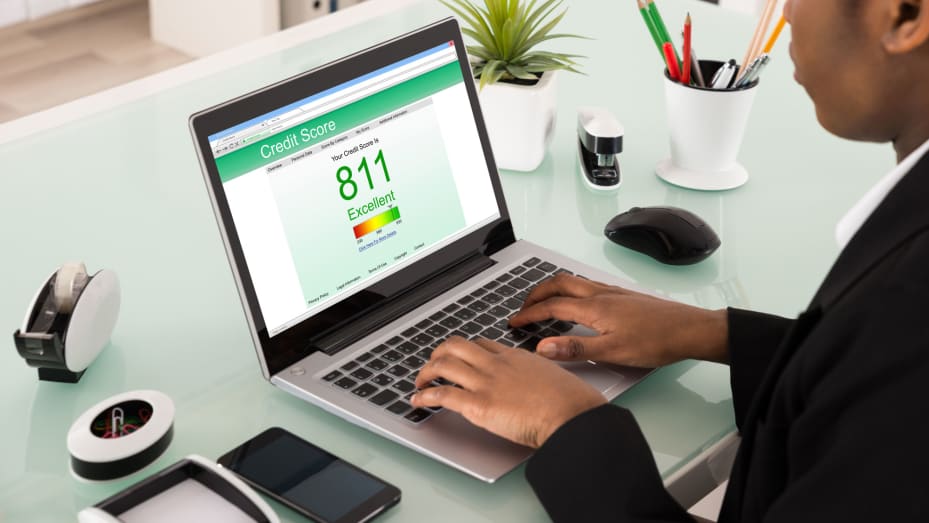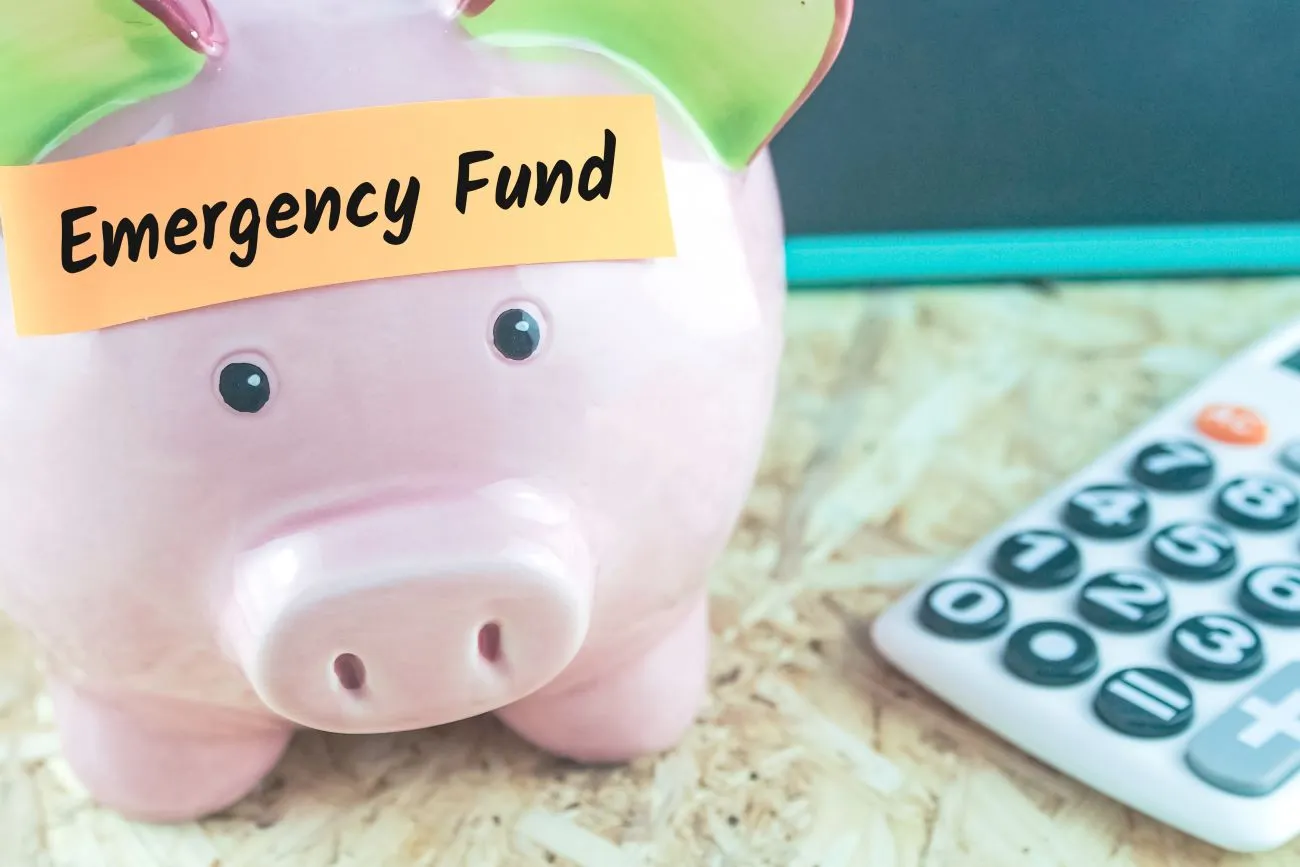Paying off debt is a real milestone – after all, achieving financial independence was not easier for you. Getting out of debt seems all but impossible, but when you get rid of it, you feel like you have been given a second life. Undoubtedly, the feeling of being free from all financial obligations is ineffable. You will walk on air.
You deserve a treat as you have broken the back of the beast but remember that you cannot sit back. You can again fall into an endless cycle of debt if you are not cautious about your spending. The most important thing to remember is that you do not forget the mistakes that threw you in at the deep end.
Do not repeat those mistakes, as you will fall into debt again otherwise. Financial life cannot be smooth forever. You will certainly face financial problems down the line, but at that time, you o not have to make a decision recklessly.
What to do when you become debt free?
When you finally get debt free, you need to ensure you do not take on more money than your affordability again. Here are the tips to follow:
- Continue budgeting
You must have created a budget to make a repayment plan for your debt, and you must have understood how and why it is imperative to budget. You should continue it. It will keep you on track. However, you will need to revise it because now you do not have to pay any kind of debt. It will help you pay focus on tracking your spending.
Without budgeting, it will be hard for you to achieve your financial goals. It is likely that you used manual budgeting, and at that time, you had to bite the bullet because you had to pay off the debt. If manual budgeting does not seem appealing to you, use a budgeting app.
Just download it and link it to your bank account. You will get all transactions in one place. Whether you use the card for all transactions or you withdraw money to use it for expenses, it does not matter because it considers a set spending limit. It can prevent you from spending beyond the set limit by sending you an alert.
- Increase your emergency fund
One of the greatest reasons for falling into debt is that you keep borrowing money during an emergency. Unexpected expenses can catch you by surprise, and you will need money to meet them. In the absence of an emergency cushion, you can take out payday loans from a direct lender.
Unfortunately, you do not realize that you are to pay interest on the amount you borrow. It is clearly understood that your current salary is not enough to meet the unforeseen expenditure, so you will not be able to pay off the debt. Interest will be an additional burden on your pocket.
As a result, you end up rolling over the loan and fall into debt. It is vital to understand that you cannot avoid taking out debt if you do not have an emergency corpus. Pay yourself first. It means to stow away a portion of it when you receive your pay. To increase your contribution to the emergency fund, you should try to cut back on your spending.
- Increase your retirement savings
You may not emphasize building retirement funds, but you should start focusing on it along with an emergency cushion. You may have been contributing to your pension, but this may not be enough to ensure that money will be enough to get by in your twilight years. Apart from contributing to the state pension scheme, you should try to stash away some money for the golden years of your life.
Do not keep money in a savings account because this will not yield a return. Try to invest this money in diversified assets. For instance, you can invest money in stocks, fixed deposits, and mutual funds. Fixed deposit is not as riskier as stocks so you will get moderate interest. However, this is still more favourable than letting money idle in your savings account.
Your budget must have the potential to have room for some money to be invested in various assets after meeting your monthly expenses and saving for emergencies. Think about increasing your income sources. Consider a pay hike or shift to a company where you are offered higher pay. Consider doing a part-time job or a side gig so you can have more cash coming in.
At the time of saving for retirement, you may not have an idea of how much money needs to be laid aside every month so you do not fall short of cash. Consult a financial advisor. They will give some suggestions based on your financial situation.
The size of retirement savings depends on the lifestyle you need. At this stage, you can get to know the estimation. Emergencies can pop up even at the time of retirement. If you need money to fund it, you can plan to take out loans for the unemployed on benefits.
- Be sensible with your credit card use
You should be sensible about the use of credit cards. They promote “the buy now pay later” scheme that seems very tempting, but you fail to consider that interest will continue if you do not pay them off within the grave period.
Another issue with the use of credit cards is that you make the purchase worth more than your paying capacity, which means you fall into credit card debt. Credit card carries very high-interest rates. Do not forget that they have a role in boosting your credit rating as well. If you have a balance, your credit score will not go down.
To conclude
When you become debt free, the first thing is you do not have to be reckless with your spending. Revise your budget and stick to it. Build an emergency corpus and retirement funds. Use your credit cards sensibly and pay off all your utility bills, rent, etc. on time.






